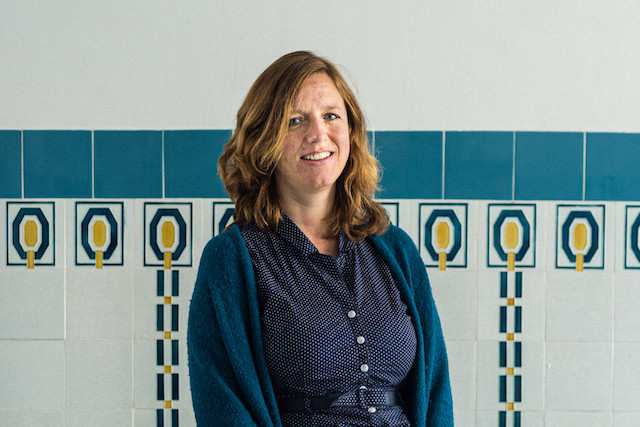The NGO Caritas set up a helpline for people in need during the pandemic. Around three-quarters of people who sought support had never had to do so before--or at least not in the last 12 months--says social policy analyst Carole Reckinger.
Cordula Schnuer: To what degree has the pandemic helped shed light on social issues in Luxembourg?
Carole Reckinger: It is clear that the big losers of the crisis will be young people and older generations. At a very personal level, I think we have seen old people being isolated in homes, because we want to protect them from illness. Children were cooped up in lockdown in conditions that aren’t always harmonious. The precarious situation of jobs in the healthcare sector came into the spotlight, but also cleaners and other jobs our society needs to function. It’s not enough to say thank you, but we need to look how the status and value of these jobs can be enhanced. The public have realised that these jobs are important, maybe politicians will follow.
What difficulties do you anticipate for 2021?
In 2019, 18.3% of people in Luxembourg were threatened by poverty, with the risk higher among single parents, at more than 40%. We don’t have the numbers for this year, but we can expect them to be worse, because a lot of people have lost some or all of their income. Younger people are struggling to find work and will increasingly find themselves in short-term work arrangements and fixed-term contracts. If you were vulnerable before the crisis, living on the poverty line, this will get worse.
Caritas is advocating for a fairer distribution of wealth. What could this look like?
We should have a discussion to reintroduce a wealth tax, to increase taxes for high earners and provide further tax breaks for single parents. Family benefits need to be adjusted to inflation, like wages are. We need to find intelligent ways of doing this. There are scenarios where an inheritance tax wouldn’t be just, because it would once again disadvantage the socially weak. It’s not black or white. But the fact that it’s complicated cannot be an excuse not to tackle this topic. Now is the time to talk about it, even if it’s not in the coalition agreement. We cannot wait until the next elections to start developing these ideas.
Social almanac
Every year, Caritas investigates a particular social issue in its so-called social almanac. The 2020 edition was dedicated to population ageing while the 2021 report will analyse the future of the country, what lessons can be learned from the crisis, how to reduce poverty, measure our wealth, and become more sustainable. Simply going back to the way things were before the pandemic should not be an option, the NGO says.
